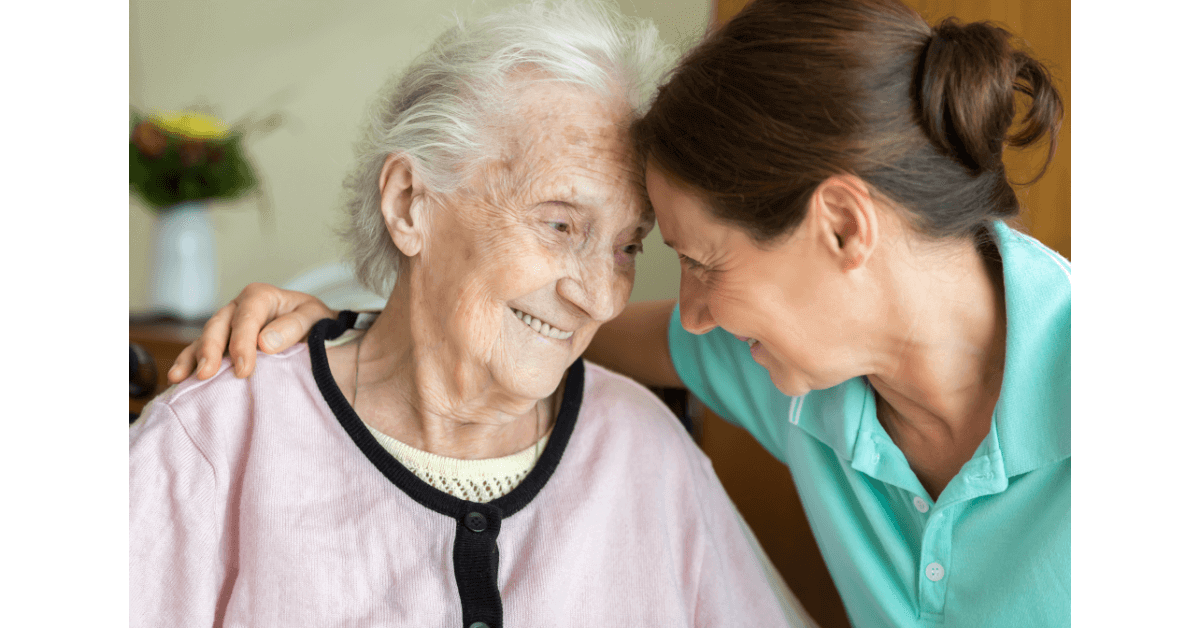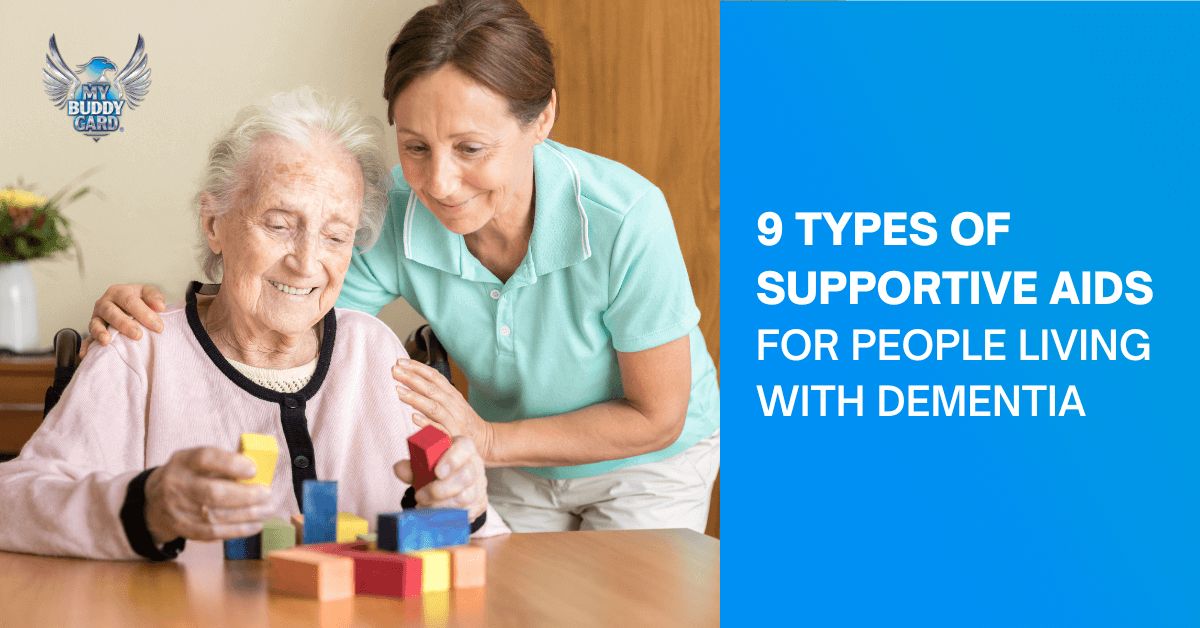Dementia is a progressive brain disorder that affects a person’s ability to think, remember, and communicate. The condition is most commonly diagnosed in older adults, but it can also occur in younger people. Supportive aids for people living with dementia can help maintain their independence and quality of life.
There are many different types of supportive aids that can help. Some of these aids can help with activities of daily living, while others can help with communication and managing challenging behaviours.
Some common supportive aids that can be used to help people living with dementia include:

1. Personal alarms or emergency response systems
These can provide peace of mind for both the person living with dementia and their carer, as they can be used to summon help in an emergency.
2. Medication management aids
These can help to remind the person living with dementia to take their medication, and can also help to prevent them from taking too much or the wrong medication.
3. Mobility aids:
These can help the person living with dementia remain independent and mobile while reducing the risk of falls.
4. Sensory and Therapeutic Aids
These can help to stimulate the senses and can be used to provide a distraction from challenging behaviours. They provide appropriate sensory stimulation that can help maintain functional abilities and improve the memory of people living with dementia.
5. Communication aids
These can help the person living with dementia to communicate their needs and wants, and can also help carers to understand them better.
6. Prompts & Reminders
These are devices that can provide visual, verbal and auditory cues for people living with dementia. These can be memory joggers, medication reminders, item finders and more.
7. Monitoring Systems
These devices can help people living with dementia by reducing the risk of accidents in and around the home, thus postponing the need for residential and hospital care, and reducing the stress on carers and the person living with dementia. An example of these devices is a personal GPS tracker.
8. Safety Aids
These devices aim to ensure the safety of people living with dementia, especially those living alone. Safety aids can be automatic devices to shut off power or gas for the stove, door, window sensors, and fall detectors.
9. Everyday Living
There are devices such as automatic safety irons, one-touch radios and bathing aids (or small modifications to the home) that can be used to improve the day-to-day activities of a person living with dementia

Supportive aids can make a big difference in the life of a person living with dementia and can help to improve their quality of life. In addition, supportive care from family members and caregivers is essential for them as well. By providing assistance with activities of daily living and offering emotional support, caregivers can help their loved ones live well.
When caring for someone living with dementia, it is essential to talk to their doctor or other health professional about what supportive aids may suit them.

